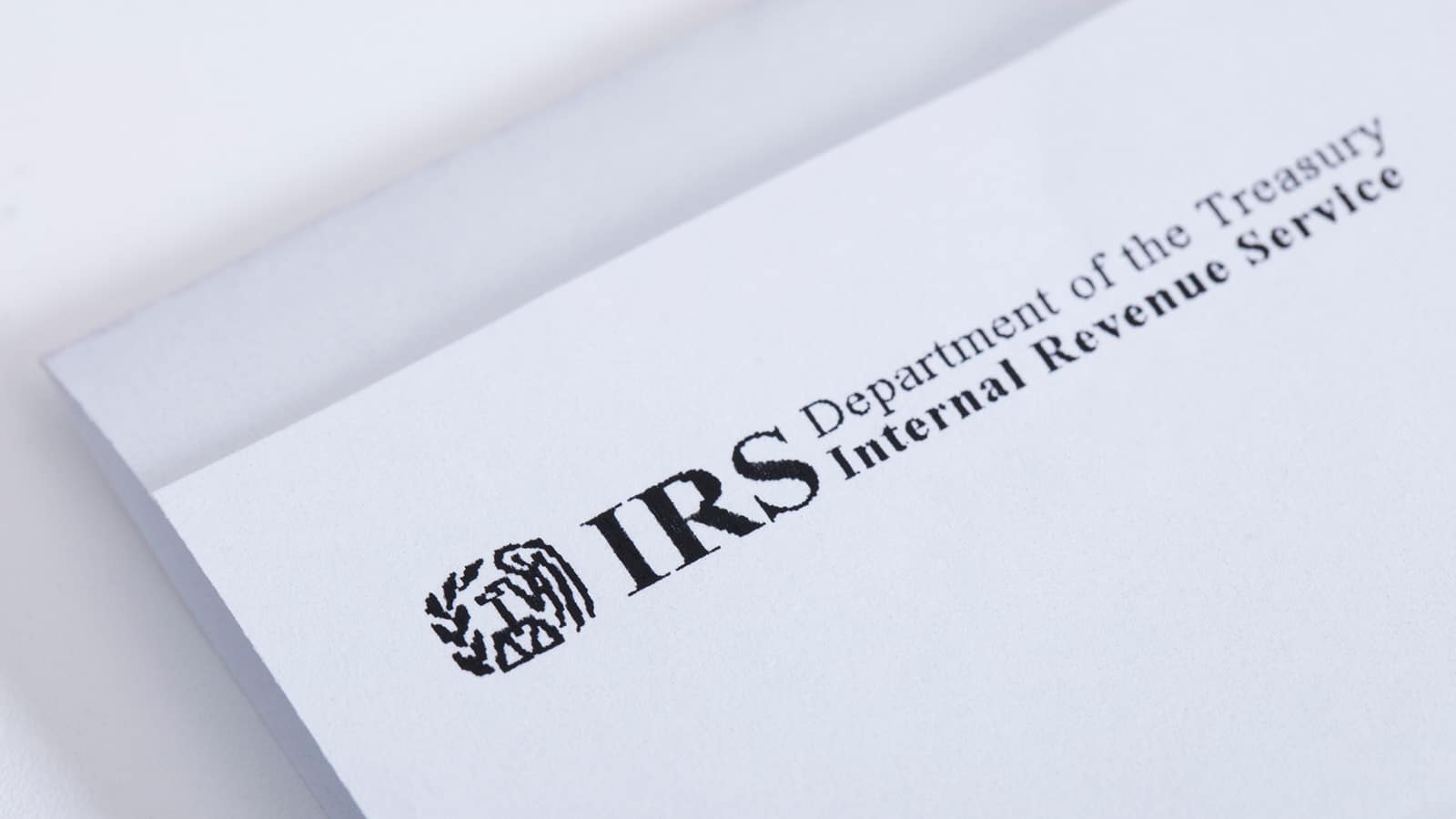May 14, 2025

This information is provided for educational purposes only by Kohn, Kohn & Colapinto and does not constitute legal advice. No attorney-client relationship is created by accessing this content. Laws and regulations may change, and this material may not reflect the most current legal developments. If you believe you have a whistleblower claim, consult a qualified attorney to discuss your specific circumstances.
False revenue reporting has significant implications not only for investors, shareholders, and the broader market but also for governmental bodies responsible for tax collection. By manipulating revenues, businesses might also manipulate their taxable income, potentially defrauding the government of legitimate tax revenues.
To address this activity, the Internal Revenue Service (IRS) provides a significant reward for those who come forward with information about potential false revenue reporting. Continue reading to learn how tax whistleblowers can report false revenue reporting and the potential rewards they may receive.
IRS Whistleblower Program and False Revenues
The IRS Whistleblower Program, rooted in the Tax Relief and Health Care Act of 2006, was established to incentivize individuals with knowledge of significant tax evasion, such as false revenue reporting, to report it to the IRS.
Given the number of taxpayers and complex financial arrangements, the IRS often relies on tips from insiders to detect and resolve major tax non-compliance issues.
This program primarily targets high-value claims, with a focus on cases where the falsely reported revenues in dispute exceed $2 million. If the taxpayer in question is an individual, their gross income must exceed $200,000 for the relevant tax year.
Not everyone can qualify as a whistleblower – there are certain criteria that must be met in order to receive a reward, including the following:
- The information regarding the false revenues must be significant and result in the collection of taxes, penalties, and other amounts.
- The whistleblower must not be an “insider” or someone who’s obligated to report tax non-compliance as part of their job.
- Individuals convicted of criminal conduct arising from their role in the reported tax evasion are not eligible.
If the IRS takes action based on a whistleblower’s information, the whistleblower may receive an award of between 15% to 30% of the collected proceeds.
The precise percentage varies based on several factors, including the extent to which the whistleblower and the information provided contributed to the IRS’s action.
In cases where the whistleblower’s information was not the primary source but still substantially contributed to the IRS’s action, the award could be reduced to a maximum of 10%.
The whistleblower must apply for the award using Form 211. The IRS then reviews the claim and the outcome of the reported case to determine the reward amount.
Preliminary Determinations
After the IRS Whistleblower Office reviews the whistleblower’s submission and the outcome of the reported false revenue tip, it will make a preliminary determination about the award. This determination is sent to the whistleblower and their legal representative if they have one.
Whistleblowers can agree with the preliminary determination by signing and returning it. If they disagree, they have the option to submit a response detailing their reasons and providing supporting evidence. This response will then be reviewed by the IRS Whistleblower Office.
Final Determinations and Award Orders
If a whistleblower disagrees with the preliminary determination and provides a response, the IRS Whistleblower Office will review the information provided and issue a final determination.
Once a final determination is made, the whistleblower has 30 days to appeal the decision to the United States Tax Court. If no appeal is made within that time frame, the decision becomes final, and no further administrative or judicial review is available.
Seeking an Attorney
Considering the potential complications of reporting false revenues, whistleblowers might benefit from legal counsel when navigating this program. Our firm is behind many of the world’s largest tax fraud cases, and have even helped draft the rules on IRS whistleblowing. If you’re in need of top legal counsel, look no further than Kohn, Kohn & Colapinto.
Our Firm’s Cases

$17.4 Million Award
A husband and wife team, Whistleblowers’ 21276 and 77, played the leading roles in a high-stakes confidential “sting” operation against a sophisticated international criminal enterprise that managed over $1.2 billion in offshore “secret accounts.”

$135 Million Award
In order to protect our client’s confidentiality we have not disclosed any details relating to this case. But the award highlights our firm’s expertise in ensuring that whistleblowers receive the largest award they are eligible for.




